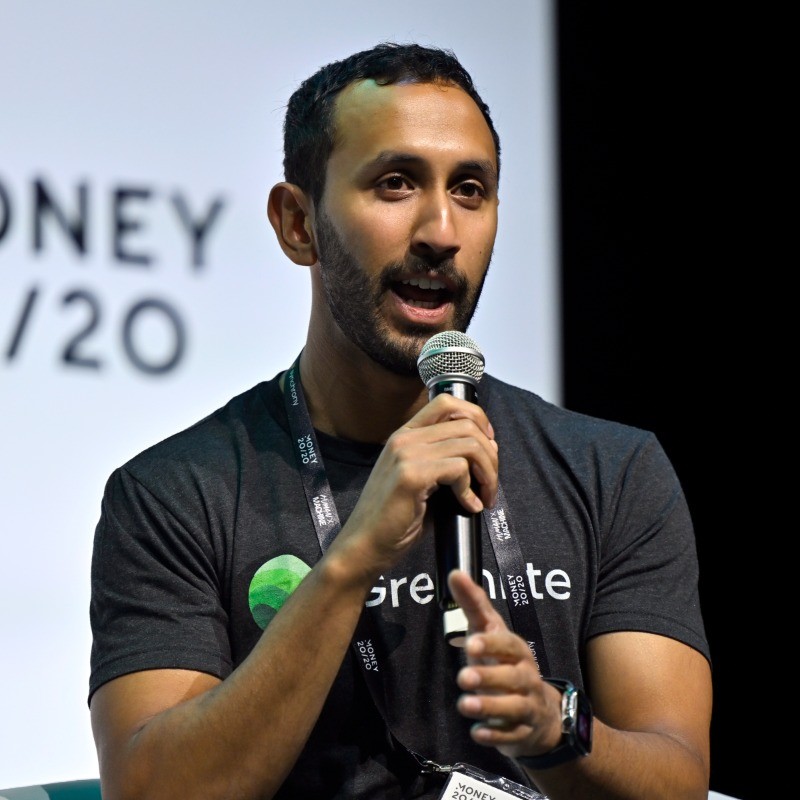Latest
|
Macro Economy
Latest
|
Consumer Finance
AI
|
Latest LLMs
CX/CS
|
Fintech
Latest
|
AI Infrastructure
Enterprise
|
ROI of AI
AI
|
Ethics & Safety
Latest
|
Politics & Policy
AI
|
Enterprise AI
AI
|
Big AI
Latest
|
Consumer Banking
Latest
|
Fintech Funding
AI
|
AI in Fintech
CX/CS
|
Fintech
AI
|
Health Tech
AI
|
AI Governance
Latest
|
LLMs
Latest
|
Fintech
AI
|
Open Source
AI
|
AI Security
Enterprise
|
Cloud Security
Latest
|
Macro Economy
Enterprise
|
Enterprise Solutions
AI
|
GRC
AI
|
AII Adoption
AI
|
AI Ethics
AI
|
Healthtech
CX/CS
|
AI in CX
AI
|
Quantum Computing
AI
|
Cybersecurity
Latest
|
Healthtech
CX/CS
|
AI Adoption
AI
|
AI
AI
|
Safety and Compliance
Latest
|
Big Tech
AI
|
Consumer Tech
AI
|
AI Ethics and Risks
CX/CS
|
AI
Enterprise
|
Data and Privacy
Latest
|
LLMs
Latest
|
Banking and Blockchain
AI
|
Healthtech
Enterprise
|
AI in the Enterprise
AI
|
AI Risk and Compliance
AI
|
AI Arms Race
Enterprise
|
AI
Latest
|
LLMs
CX/CS
|
Compliance
CX/CS
|
Great CX
CX/CS
|
CS in Blockchain
AI
|
AI News
Enterprise
|
AI
|
CX/CS
|
CX/CS
|
AI
|
CX/CS
|
AI
|
AI
|
Enterprise
|
AI
|
CX/CS
|
CX/CS
|
Enterprise
|
Enterprise
|
AI is both the weapon and the shield when it comes to financial cybercrime
⋅
April 10, 2025

Key Points
New-wave financial criminals are using advanced AI tools, prompting FinTech defenders to develop countermeasures.
Greenlite CEO Will Lawrence discusses how his AI agents automate financial compliance to keep consumers and businesses safe.
Every financial institution we speak to wants to use AI to do more, they don’t want to do the same amount with less.
Will Lawrence
Founder & CEO | Greenlite
As financial criminals leverage new sophisticated suites of accessible AI tools, savvy defenders in FinTech are racing to design systems to combat them. AI is being leveraged as the secret weapon in the battle against the toughest financial crimes, opening up opportunities for organizations to crack down with greater efficiency.
According to Will Lawrence, Founder & CEO of Greenlite, a solution offering AI agents to automate repetitive financial compliance work, AI will play a key role in staying ahead in the fight against money laundering and financial crime.
Fighting the bad guys: "The bad guys always start using technology before the good guys can catch up," Lawrence says. "It’s really important that we start deploying the same tools they’re using to stay on top of things." A prime example of this challenge is the rise of synthetic identities, where criminals fabricate fake IDs to bypass Know Your Customer (KYC) requirements. AI, according to Lawrence, can help organizations conduct more thorough investigations on customers who may not even be real, adding more research power to identify fraud before it causes harm.
Anti-money laundering: "The real area where AI is going to be most useful is in anti-money laundering, and the investigations that are usually done by human financial crime investigators," Lawrence explains. AML efforts are generally broken into two parts: detection and investigation. While risk detection through transaction monitoring and customer screening has become more automated, investigating the flagged leads is still an overwhelmingly manual process, requiring analysts to comb through unstructured data and documents.
"Generative AI is really going to help in that area," Lawrence says. "It’s going to bring much-needed support to that manual process."
The bad guys always start using technology before the good guys can catch up. It’s really important that we start deploying the same tools they’re using to stay on top of things.
Will Lawrence
Founder & CEO | Greenlite
Job replacement: One common fear surrounding AI in compliance is the potential for job losses. Lawrence is quick to counter this concern, stressing that financial institutions want AI to help them do more, not the same with fewer resources. "Every financial institution we speak with wants to use AI to do more, they don’t want to do the same amount with less," he says. "They want to expand to more geographies, offer better financial products, and serve more customers." AI, he believes, will take over repetitive tasks, or what’s known in the compliance world as L1A work, allowing human employees to focus on the more complicated, judgment-driven L2 work.
Trust: Ultimately, Lawrence stresses that when adopting AI, trust is key. "You have to trust both the technology and the people you’re working with," he advises. He recommends partnering with experts who understand the technology and can educate auditors and regulators on how it works. "Don’t take risks on legacy institutions that may not fully understand this technology."
Clarity around regulation: Looking toward the future, Lawrence remains optimistic about AI’s growing role in financial crime prevention. "There’s a lot of hesitancy right now because there’s no clear regulation," he acknowledges. "But I’m confident that as more clarity and guidance emerge, we’ll see wider adoption of AI, and that’s going to be a positive thing for everyone involved."

